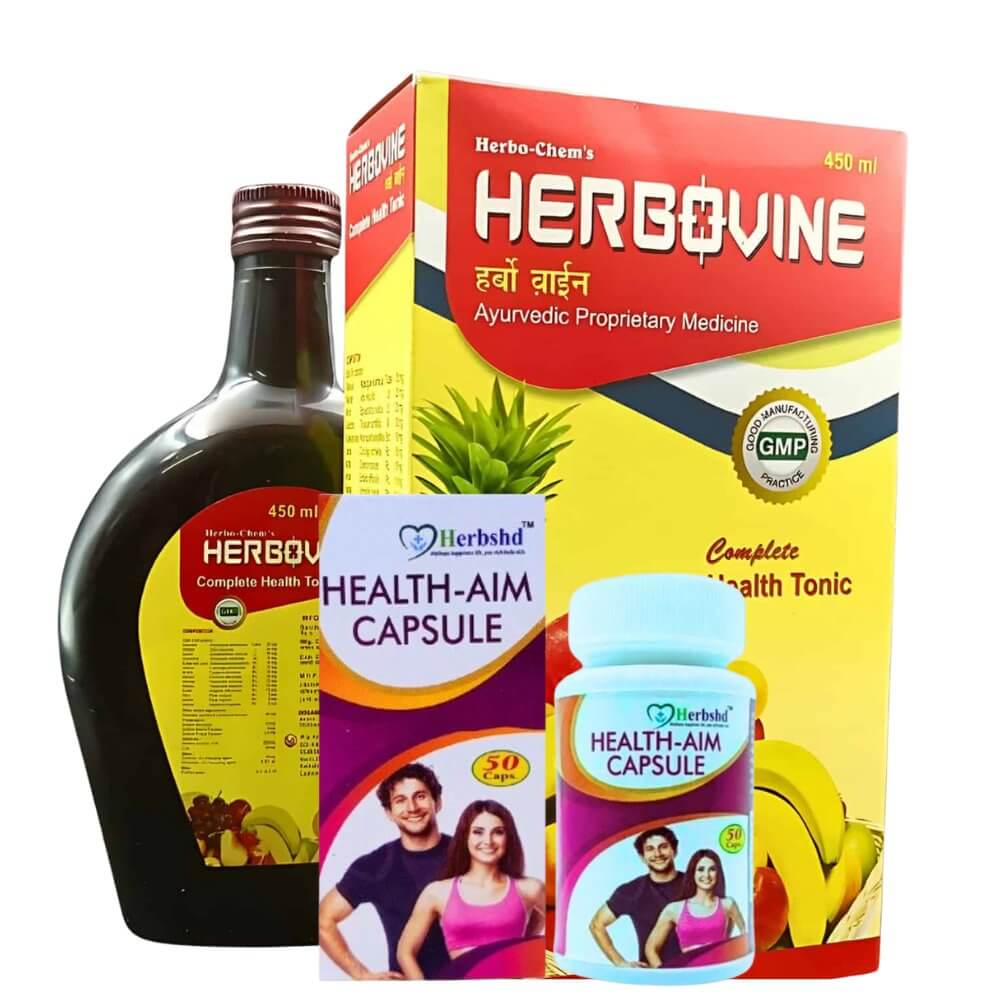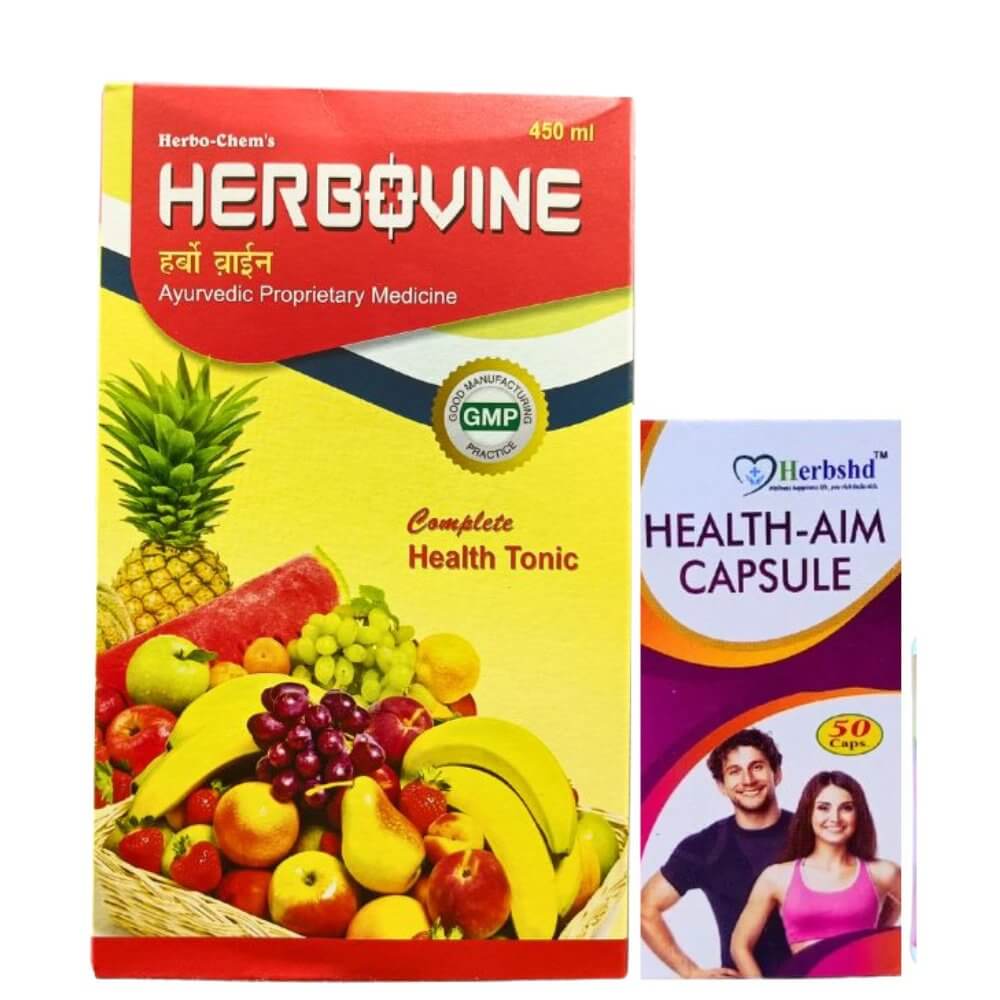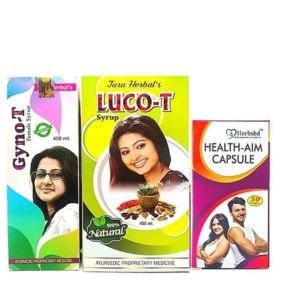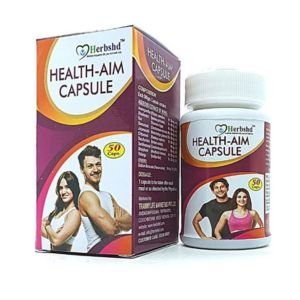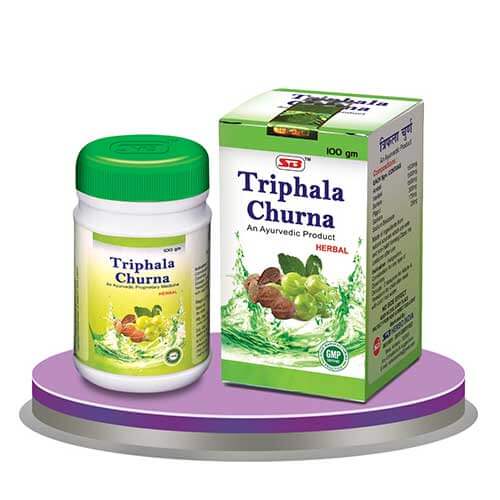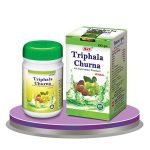Your immune system is your body's superhero, constantly working to shield you from invaders like bacteria, viruses, and toxins. But even superheroes need a good support system! Here are 6 ways to boost your immune system naturally:
1. Fuel Up with Nourishing Foods:
- Eat a rainbow: Diverse, colorful fruits and vegetables provide a range of vitamins, minerals, and antioxidants that are essential for immune function. Think berries, leafy greens, citrus fruits, and brightly colored peppers.
- Choose whole grains over refined carbs: Whole grains like brown rice, quinoa, and oats offer sustained energy and essential nutrients like B vitamins, which play a crucial role in immune response.
- Don't neglect healthy fats: Good fats like those found in nuts, seeds, avocado, and oily fish provide building blocks for immune cells and have anti-inflammatory properties.
- Hydrate, hydrate, hydrate!: Water is crucial for transporting nutrients to your cells, flushing out toxins, and keeping your immune system functioning optimally. Aim for 8-10 glasses a day.
2. Move Your Body:
- Regular exercise: Studies show that moderate exercise can increase the circulation of immune cells and help fight off infections. Aim for at least 30 minutes of moderate-intensity exercise most days of the week.
- Get some sunshine: Vitamin D plays a key role in immune function. Spending 15-20 minutes in the sun a few times a week can help boost your levels naturally.
- Embrace quality sleep: When you're well-rested, your body produces protective proteins called cytokines that help fight off infections. Aim for 7-8 hours of sleep each night.
3. Manage Stress:
- Chronic stress can suppress your immune system. Find healthy ways to manage stress, such as yoga, meditation, spending time in nature, or connecting with loved ones.
- Practice relaxation techniques: Deep breathing exercises, progressive muscle relaxation, and mindfulness meditation can all help calm your mind and body, boosting your immune response.
- Prioritize self-care: Make time for activities you enjoy, whether it's reading, listening to music, or taking a relaxing bath. Taking care of your mental and emotional well-being is essential for overall health.
4. Supplement Wisely:
- Consider adding certain vitamins and minerals: Vitamin C, vitamin D, zinc, and probiotics have been shown to support immune function in some cases. However, it's important to consult your doctor before taking any supplements, especially if you have any underlying health conditions.
- Don't forget gut health: A healthy gut microbiome is a key player in immune function. Consider including fermented foods like yogurt, kimchi, and sauerkraut in your diet or taking a probiotic supplement.
5. Prioritize Hygiene:
- Wash your hands frequently: This is one of the simplest but most effective ways to prevent the spread of germs.
- Get regular vaccinations: Vaccines help your body build immunity to specific diseases. Stay up-to-date on recommended vaccinations.
6. Listen to Your Body:
- Get enough rest: When you're feeling run down, listen to your body and take some time to rest and recharge.
- Manage fever and pain: A low fever can be a sign that your immune system is working. However, if you have a high fever or persistent pain, consult your doctor.
- Seek professional help: If you have concerns about your immune system or frequently get sick, talk to your doctor. They can assess your specific needs and recommend additional steps to strengthen your immune function.
Remember, a healthy immune system is about more than just one action. By incorporating these tips into your daily life, you can create a strong foundation for optimal health and well-being.





